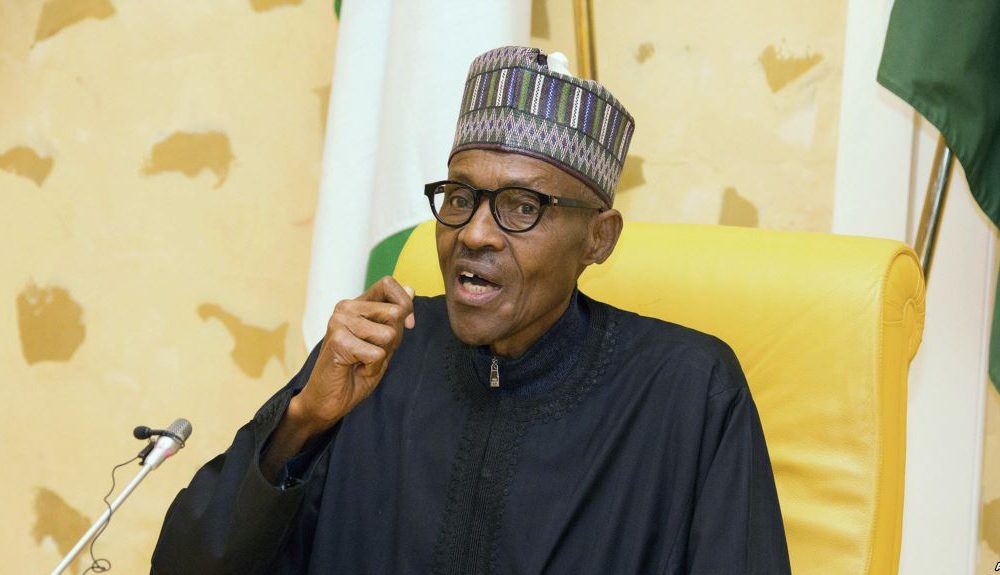- We need new tech to stop it – Buhari
An estimated $1.7 to 4.2trillion was laundered across the world last year, the transnational security report of the Munich Security Conference (MSC) launched in Nigeria yesterday has revealed.
The launch of the report in Abuja was witnessed by President Muhammadu Buhari, and his Burkina Faso counterpart, Roch Marc Christian Kabore. While Buhari is the chairman of ECOWAS, Kabore is the head of G5 Sahel.
Presenting the key findings of the report, the Deputy Head of policy and analysis of MSC, Julian Voje, said Illicit Financial Flows (IFFs) posed a double threat.
“On the one hand, they enable violent actors- be they terrorists, armed groups or rogue states to sustain their operations. IFFs allow them to purchase equipment like weapons to secure their profits and to buy influence by corrupting officials.
He said on the other hand, IFFs weaken state capacities and national economies.
“An estimated USD 1.7 to 4.2 trillion was laundered in 2018 alone, much it across borders. This is money that could otherwise have gone to fund vital state services such as health and law enforcement, instead it is being used for personal gain.
“As a result, state capacities and legitimacy are being undermined. This is especially harmful for states that are already fragile,” he said.
In his remarks, President Buhari said they would continue to count on the support of international partners for new technologies to effectively police borders to fight illicit financial flows.
“I am aware that one of the key facilitators of transnational organized crime including illicit flows, is the porous nature of our borders. This is a major challenge to our region. In this context, we will continue to count on the support of our international partners for new technologies to effectively police our borders.
“Here in the West African sub-region, we have taken important steps to address some of our security concerns through improved political governance as contained in the relevant regional mechanisms of ECOWAS, which I currently have the privilege of chairing,” he said.
He said with the advent of globalization and new technologies bringing nations and peoples closer, and creating new opportunities of interaction and trade, comes significant issues of security.
“We can see through the increasing number of evil actors, especially perpetrators of organized crime who profit from the illicit flows of assets out of the African continent.
“In recent years, the challenges posed by illicit outflows of our resources have increased with attendant sophistication due to the fast pace of technological advancement. Illicit flows have further fueled terrorism and the proliferation of Small Arms and Light Weapons.
“This is why I will continue to take decisive action to fight corruption and confront insecurity especially in the border areas. In addition, relevant agencies have also been mandated to work towards strengthening regional and international partnership to address these threats,” he said.
Also speaking, President Kabore said transnational illicit flows have become one of the major challenges bedeviling the continent.
“Since the phenomenon has an international dimension, national approach will not be enough to tackle it. I hope we will take this opportunity to establish fruitful exchange to ensure the strengthening of transnational security,” he said.

 Join Daily Trust WhatsApp Community For Quick Access To News and Happenings Around You.
Join Daily Trust WhatsApp Community For Quick Access To News and Happenings Around You.



